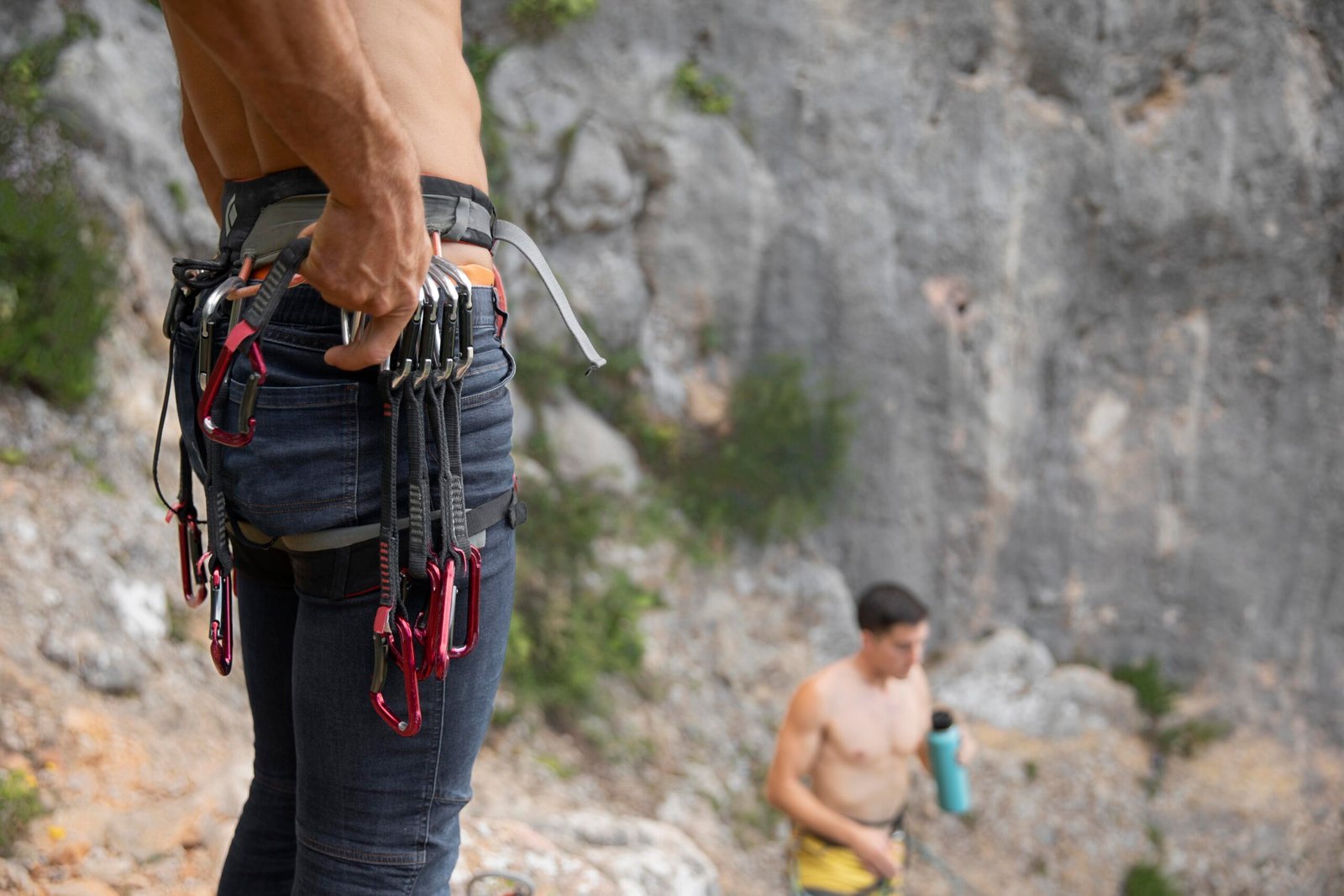Rock climbing is not only a thrilling adventure sport but also a physically demanding activity that engages various muscle groups and elicits a range of physiological responses, particularly in young climbers. From increased heart rate to enhanced muscular strength and endurance, rock climbing challenges the body in unique ways, leading to both short-term and long-term adaptations. Understanding the physiological responses to rock climbing in young climbers is essential for optimizing performance, preventing injuries, and promoting overall health and well-being.
One of the primary physiological responses to rock climbing is an elevated heart rate. As climbers ascend vertical walls or navigate challenging routes, their cardiovascular system works overtime to deliver oxygen-rich blood to the working muscles. This increase in heart rate is necessary to meet the metabolic demands of the activity and sustain energy production throughout the climb. Research has shown that rock climbing can elicit heart rates ranging from 70% to 80% of maximum heart rate, making it an effective cardiovascular workout for young climbers.
In addition to cardiovascular responses, rock climbing also engages the muscular system in a dynamic and multifaceted manner. Climbers rely on the strength and endurance of various muscle groups, including the upper body, core, and lower body, to ascend and maneuver on the rock surface. The repetitive pulling and gripping motions required in climbing lead to muscular fatigue and microtrauma, prompting the muscles to adapt and grow stronger over time. Studies have demonstrated improvements in grip strength, forearm endurance, and overall muscular fitness among young climbers who regularly engage in rock climbing training.
Furthermore, rock climbing places significant demands on the neuromuscular system, requiring precise coordination, balance, and proprioception to navigate intricate climbing sequences and maintain stability on the rock wall. Climbers must constantly adjust their body position, shift their weight, and anticipate their next move, engaging both the central nervous system and peripheral sensory receptors. This heightened neuromuscular activation not only enhances climbing performance but also improves motor skills and coordination in young climbers, contributing to overall physical development.
Apart from the immediate physiological responses during climbing sessions, young climbers may also experience long-term adaptations as a result of regular training and participation in the sport. Research suggests that sustained rock climbing practice can lead to improvements in cardiovascular fitness, muscular strength, flexibility, and body composition over time. These positive changes not only enhance climbing performance but also confer numerous health benefits, including reduced risk of obesity, cardiovascular disease, and musculoskeletal injuries.
Moreover, rock climbing offers psychological benefits that complement its physiological effects, particularly in young climbers. The sense of accomplishment and mastery gained from successfully completing challenging routes can boost self-confidence, self-esteem, and resilience in young climbers. Additionally, the focus and concentration required during climbing can promote mindfulness and stress reduction, improving mental well-being and cognitive function.
However, it is essential to recognize that rock climbing, like any sport, carries inherent risks, and young climbers must receive proper instruction, supervision, and equipment to ensure their safety. Adequate warm-up, stretching, and cooldown routines are also crucial for minimizing the risk of injury and optimizing recovery between climbing sessions. Additionally, young climbers should listen to their bodies, rest when needed, and prioritize proper nutrition and hydration to support their physiological and psychological needs.
Rock climbing elicits a range of physiological responses in young climbers, including elevated heart rate, increased muscular strength and endurance, enhanced neuromuscular coordination, and long-term adaptations to cardiovascular fitness and body composition. These physiological effects, combined with the psychological benefits of self-confidence, resilience, and stress reduction, make rock climbing a rewarding and holistic activity for young individuals. By understanding and harnessing these physiological responses, young climbers can maximize their performance, enjoyment, and overall well-being in the sport.






Leave feedback about this